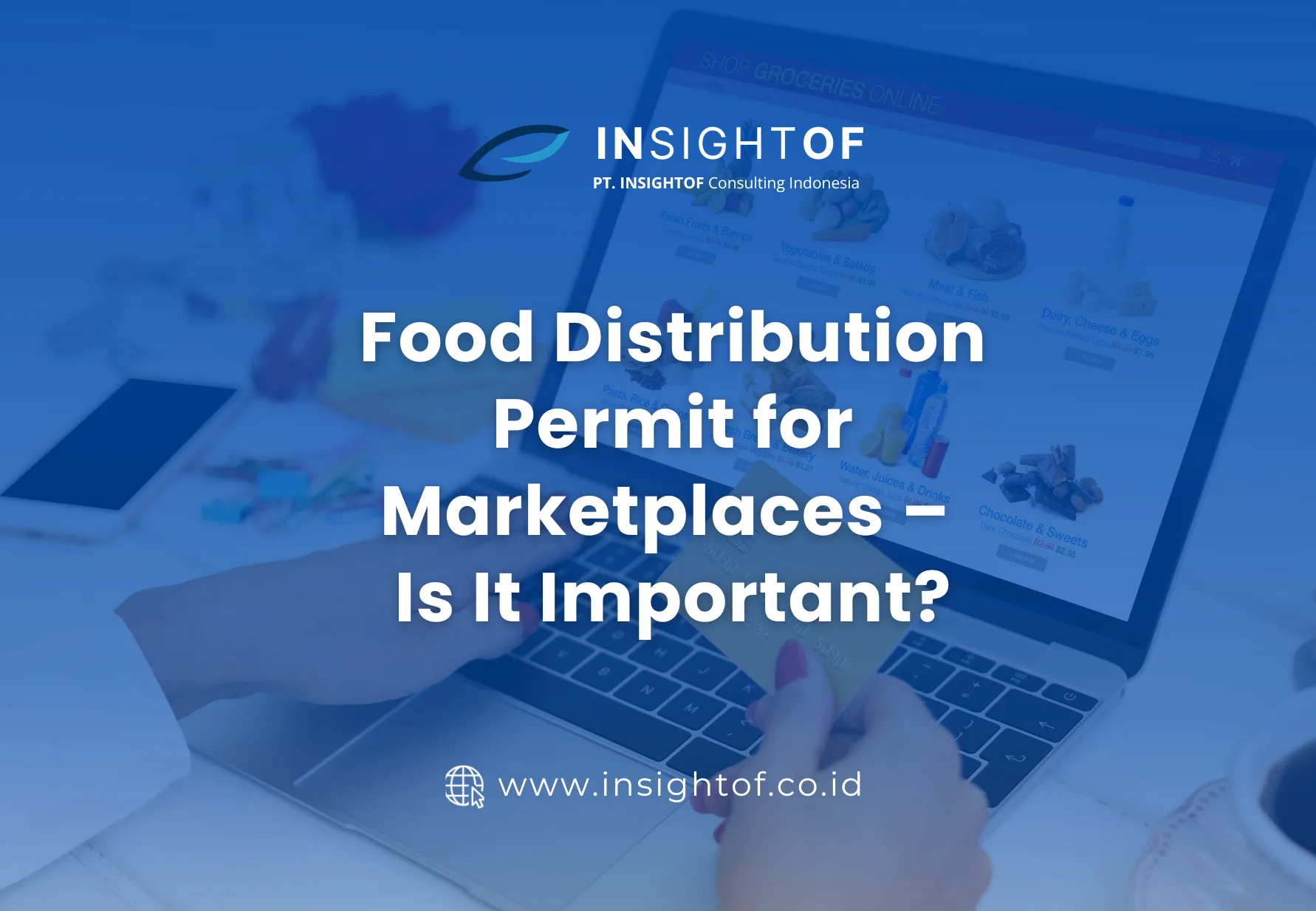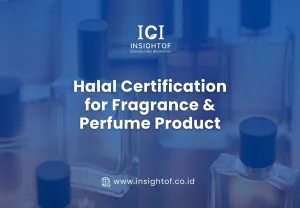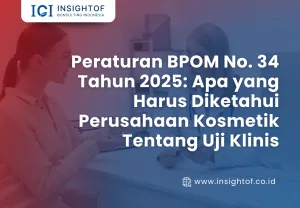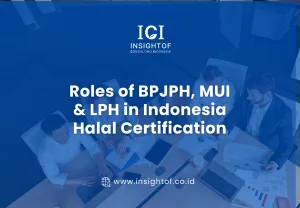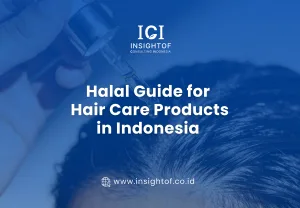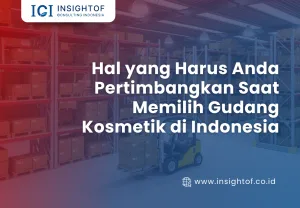Every processed food product intended for retail—whether produced domestically or imported—must have a distribution permit from BPOM (the Indonesian Food and Drug Authority). This requirement is regulated under BPOM Regulation No. 27 of 2017, which mandates distribution permits for all packaged food products sold at retail (with some exceptions for certain household industries). For small-scale home industries, the permit is issued by local health authorities in the form of a Home Industry Food Production Certificate (P-IRT). A valid distribution permit—BPOM RI MD for locally produced goods, or BPOM RI ML for imported ones —ensures legal certainty and consumer safety.
The registration process for food distribution permits is done electronically. Business actors must register both their company and products through BPOM’s registration portal (e-reg.pom.go.id) . Required documents include a tax identification number (NPWP), a Business Identification Number (NIB) obtained via the OSS system, a business license (SIUP/IUMK), and a facility audit certificate from the local BPOM office. Depending on the category and risk level of the product, the permit may be issued by local government authorities through OSS or directly by BPOM.
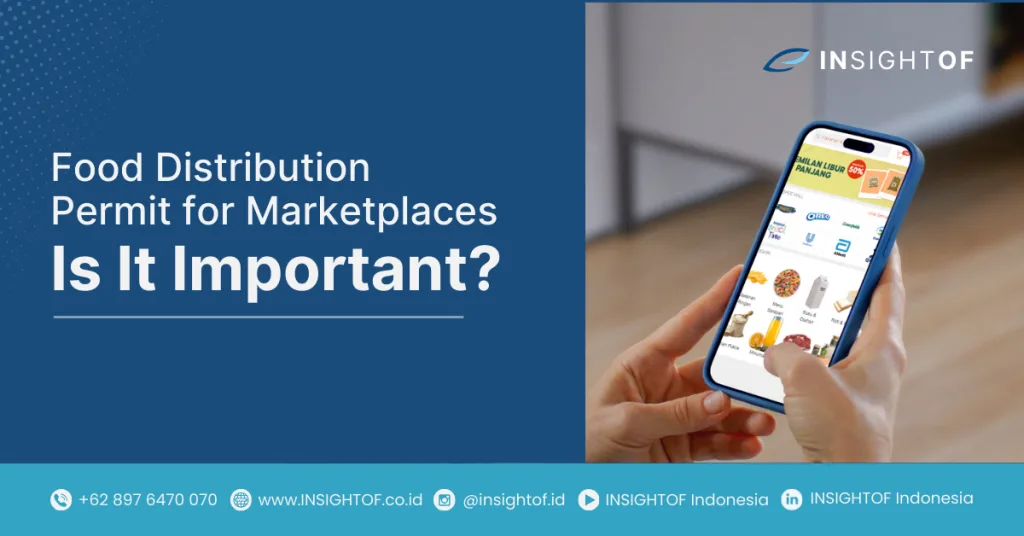
Penalties and Risks of Non-Compliance
Selling processed food without a valid distribution permit carries legal risks. According to the Indonesian Food Law (Law No. 18 of 2012, Article 142), distributing food without proper authorization is punishable by up to 2 years of imprisonment or a fine of up to IDR 4 billion (approximately USD 250,000) . Enforcement is not just theoretical: violators are often summoned by authorities and may face criminal charges, as seen in several viral media case . In addition to criminal penalties, unauthorized products may be confiscated by regulators (BPOM/Customs), and online stores may be warned or blocked by e-commerce platforms. To help consumers avoid illegal products, BPOM encourages the public to verify distribution permits using the Cek BPOM mobile app, as part of the “Cek KLIK” campaign (Check Packaging, Labeling, Authorization, and Expiry Date).
Marketplace Policies
Major Indonesian e-commerce platforms now require proof of product legality. For instance, Tokopedia’s “Seller Kit” guidelines state that sellers must present a distribution permit (such as BPOM MD/ML, P-IRT, SNI, etc.) for certain product categories before fulfillment. Shopee and other marketplaces also require sellers to list the distribution permit number and display complete labels according to food regulations. These policies are aligned with government requirements for food safety and product transparency. Recent regulations (e.g., Trade Minister Regulation No. 31 of 2023) even mandate that e-commerce platforms display clear evidence of safety standards and accurate labeling for every product. Therefore, sellers on Tokopedia, Shopee, Bukalapak, and similar platforms must ensure that BPOM or P-IRT permits are clearly shown in their product listings. Failure to comply may result in account suspension or product takedown.
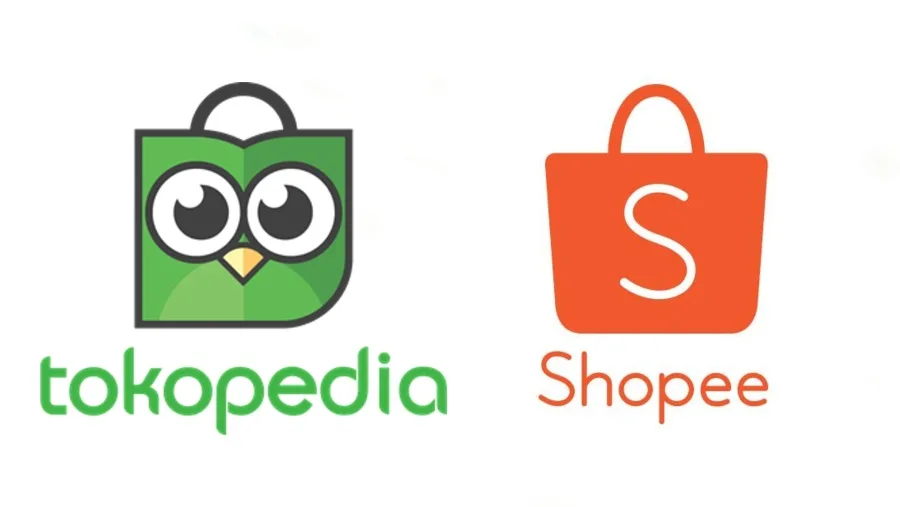
Impact on Local MSMEs and Exporters
For domestic MSMEs (Micro, Small, and Medium Enterprises), obtaining a BPOM MD or P-IRT is essential to reach a wider market, including online platforms and export channels. Without a distribution permit, products cannot be sold in major outlets or e-commerce, and the business risks legal sanctions. To encourage MSMEs, the Indonesian government waives P-IRT registration fees and has simplified the application process through OSS (oss.go.id) or BPOM’s online P-IRT portal.
Meanwhile, foreign manufacturers or exporters intending to sell food products in Indonesia must register for a BPOM RI ML permit. They must work with a registered local importer and comply with customs and trade regulations. For example, Trade Minister Regulation No. 31/2023 stipulates that cross-border e-commerce is only allowed for products priced above USD 100 per unit. This, along with customs duties, is part of increased regulatory oversight of imported goods. In summary, both local MSMEs and foreign sellers must fulfill distribution permit requirements (BPOM or P-IRT) and comply with Indonesia’s trade and e-commerce regulations to sell food products legally and successfully in online marketplaces.
Sources: BPOM Regulations (e.g., Regulation No. 27/2017), Ministry of Trade Regulation No. 31/2023, official BPOM and Ministry of Trade websites, and related marketplace policies.
Do you need assistance registering your product in Indonesia?
Contact us today to start your registration process.

